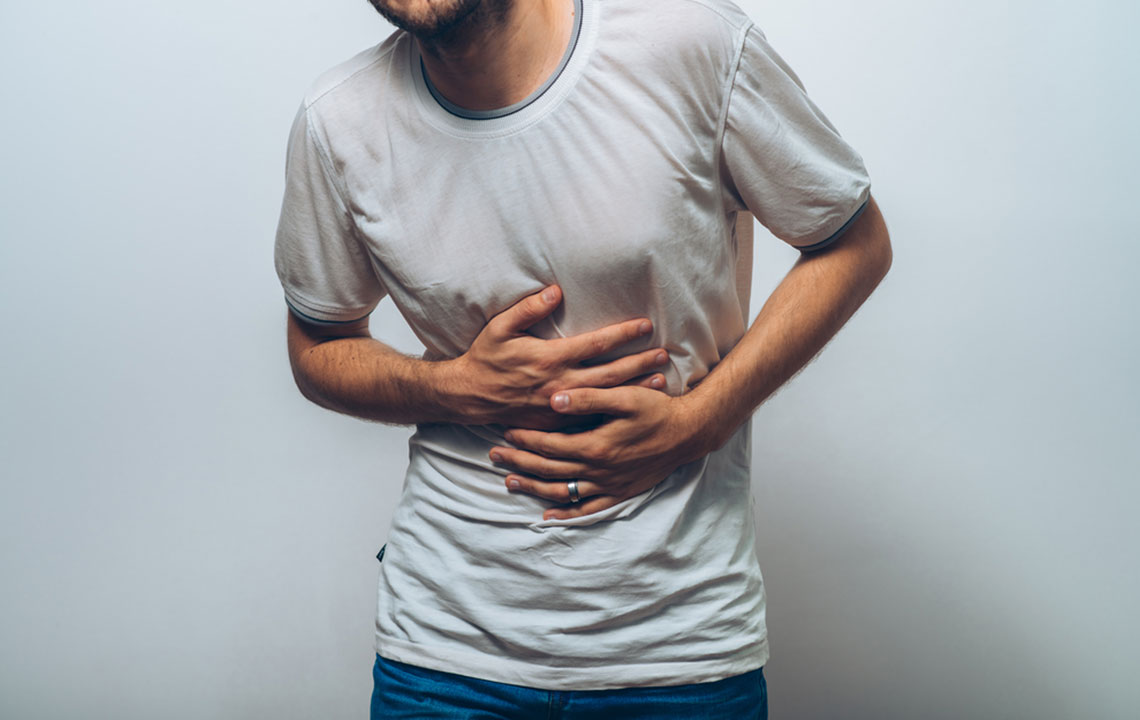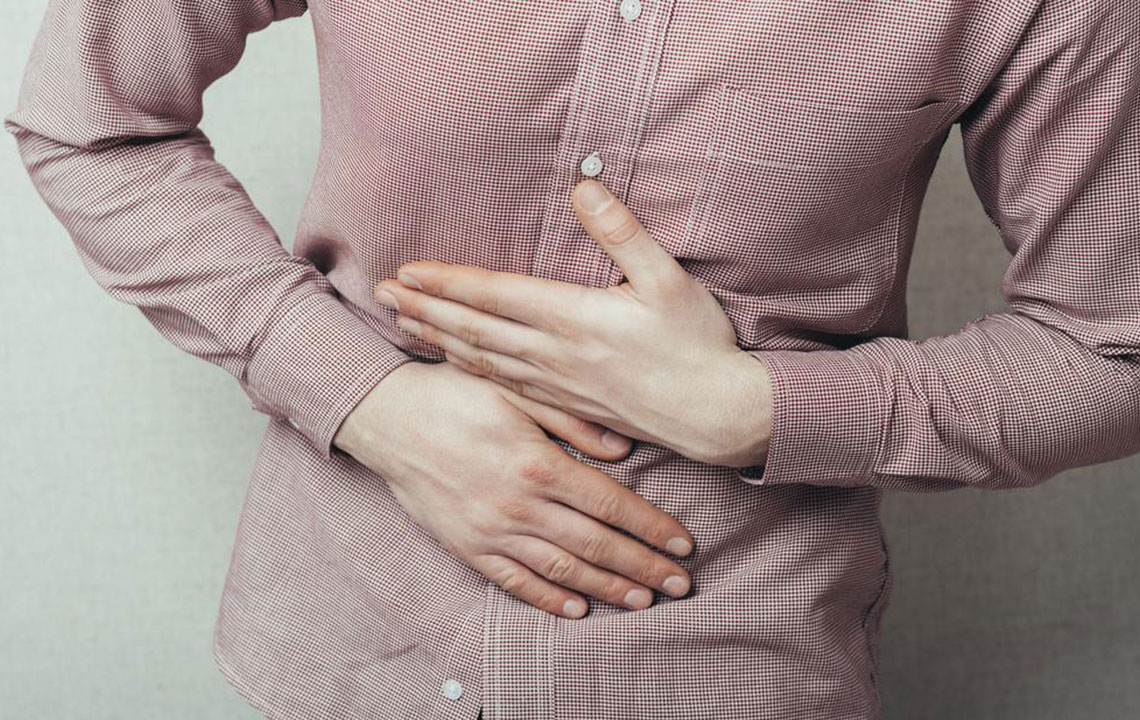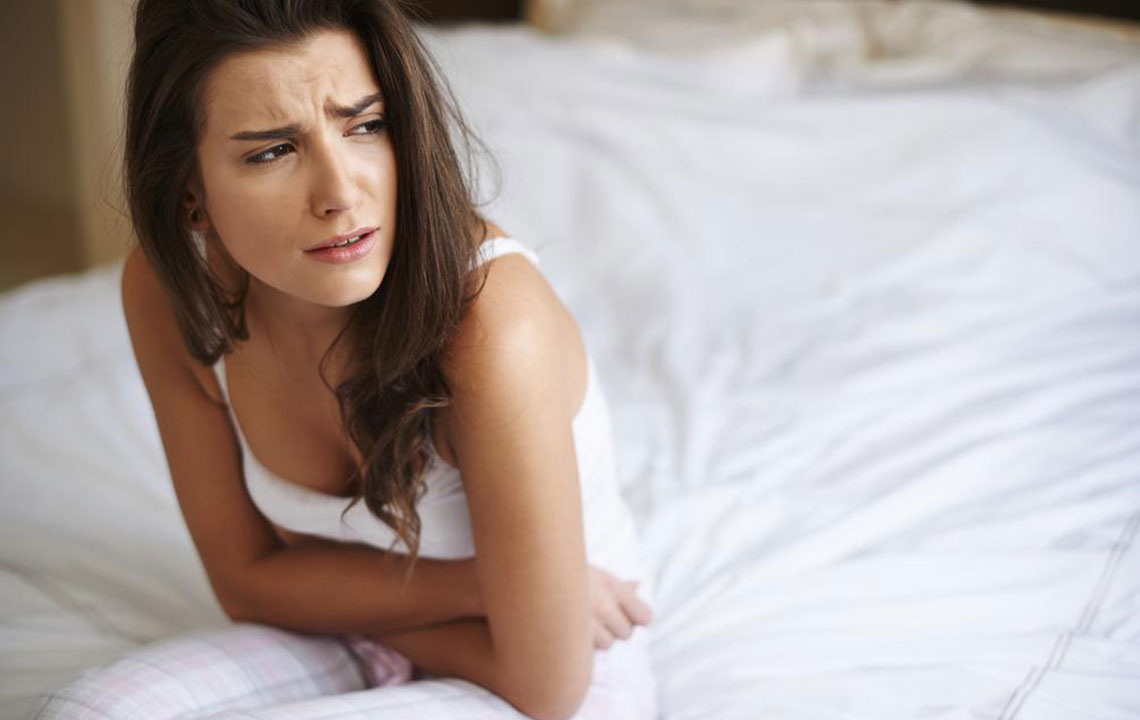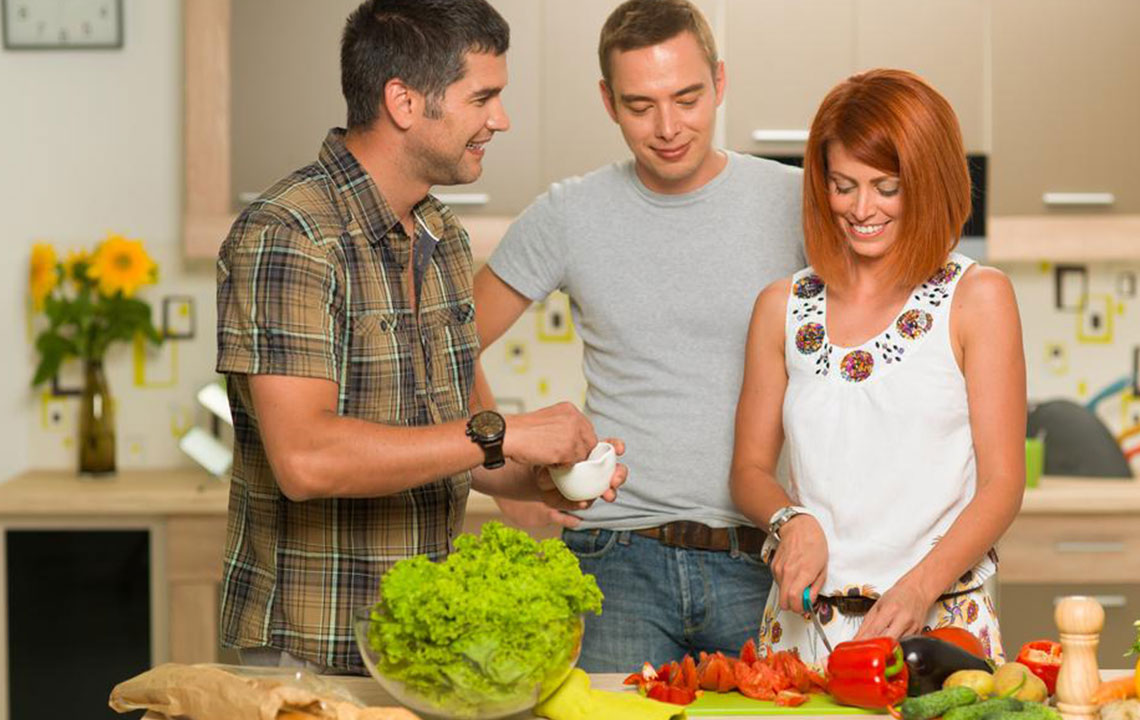Digestive Health Alert: Recognizing and Managing Diverticulitis Symptoms
Discover essential information about diverticulitis, including common symptoms, causes, and preventive tips. Learn how dietary choices influence the condition and find out how prompt treatment can help manage inflammation and prevent complications.

Digestive Health Alert: Recognizing and Managing Diverticulitis Symptoms
Diverticulitis happens when small pouches in the digestive system become inflamed or infected. These pouches, known as diverticula, are mostly found in the large intestine but can develop throughout the gastrointestinal tract. Often asymptomatic early on, early identification of diverticulitis is key to avoiding complications. Diverticula form when weakened intestinal wall areas protrude outward, commonly caused by a low-fiber diet that increases pressure on the intestines.
The condition where these pouches exist is called diverticulosis, and when inflamed, it is termed diverticulitis. The risk increases with age as intestinal tissues weaken, leading to higher diverticula formation—by age 80, nearly half of people may have them. Infection of these pouches can cause severe symptoms, including abscesses and bleeding.
Many remain asymptomatic until inflammation worsens, causing notable symptoms. Dietary habits, especially low fiber intake, play a significant role in diverticulitis development.
Signs and Symptoms of Diverticulitis
Often, symptoms are mild or absent until the inflammation becomes severe. Typical signs include:
Lower Abdominal Pain: Usually felt on the left side, sudden in onset, often worsened after eating, and may come and go.
Digestive Interruptions: Fluctuations between diarrhea and constipation; constipation can promote bacterial growth, worsening inflammation.
Fever and Chills: Elevated temperature, chills, nausea, headaches, and fatigue indicate potential infection requiring prompt care.
Rectal Bleeding: Bright or dark blood in stool signals inflamed diverticula; immediate medical attention is critical.
Urinary Symptoms: Recurrent urinary tract infections, especially in males, may be linked to diverticulitis involving the colon and bladder.
Bloating and Gas: Inflammation causes discomfort, excessive gas, and cramps.
Complications can include abscesses, fistulas, bleeding, peritonitis, or intestinal blockages. Preventative measures involve consuming a high-fiber diet, staying well-hydrated, and maintaining a healthy lifestyle. Antibiotics treat infections, but severe cases may require surgery.
Making dietary and lifestyle adjustments can reduce symptoms and prevent serious health issues. Early diagnosis and treatment are essential for effective management of diverticulitis.
Note:
This blog offers health insights and tips. Always seek personalized advice from healthcare professionals, as articles are informational and not substitutes for professional diagnosis or treatment.


